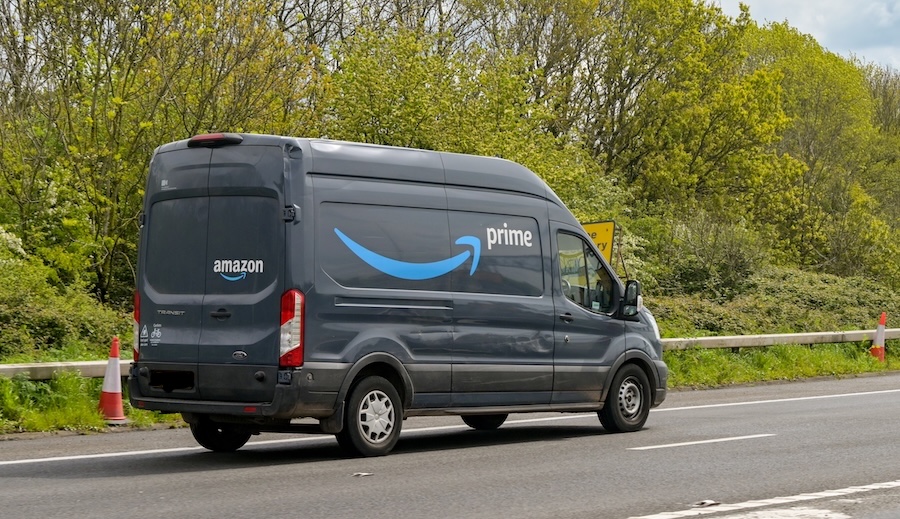Buying a car is one of the biggest investments most of us ever make, and getting the best price should always be a top priority. A lot of people don’t realize you can negotiate the price of a car. Well, you can, and should—and with a little research, preparation, and savvy negotiation, you can drive off in your new ride knowing that you got a great deal. Here’s how to get the best price when you’re buying a car.
1. Know your stuff (models, options, values)
Before you even set foot in a dealership, spend some time researching the type of car you want. Look at things like make, model, year, mileage, and price range. Sites like Kelley Blue Book, Edmunds, and Consumer Reports have valuable information on car values and reviews, and they’ll help you understand what you should be paying. That’s the best knowledge you can arm yourself with when it comes time to negotiate price.
2. Get pre-approved for a loan
Knowing your budget and securing your own financing before you go car shopping gives you a big advantage. Get pre-approved for a loan through your bank or credit union; they almost always offer better interest rates than dealerships. (And it will save you time and haggling when you’re at the dealership and ready to buy!) A pre-approval also sets a clear budget so that you aren’t tempted to overspend on a vehicle you can’t comfortably afford.
3. Shop around
Don’t buy your car at the first dealership you visit. Compare prices from multiple dealerships and online platforms like CarGurus and Carvana. This comparison allows you to determine the average market price for the car you’re interested in so you can spot the best deals. Remember, the more shopping you do, the better your chances of finding a great deal.
4. Timing is everything
Timing matters a lot when it comes to getting a good deal on a car. Dealers often have monthly, quarterly, and yearly sales targets they have to meet. Shopping at the end of the month, quarter, or year can increase your chances of getting a better deal as salespeople are more likely to offer discounts to meet their quotas. Also, consider shopping during holiday sales events when dealerships are more likely to offer special promotions. And if you can go during the week, ideally on a Tuesday or Wednesday, those are usually very quiet days on sales lots—they’re not selling many cars, so they’re more inclined to work with you to close a deal.
5. Negotiate like a pro
Negotiation is an art, and being prepared can make all the difference in what you pay for a car, or any other big purchase. Here are some pro tips to help you do it effectively:
- Start low: Begin with an offer lower than your maximum budget so that you have room to negotiate.
- Stay firm: Be confident and assertive. If the dealer doesn’t meet your price, don’t be afraid to walk away. Walking away is often the best tactic—in many cases it leads to them reconsidering and offering a better deal. As you leave, make sure they have your number and tell them to call you if at any point they can meet your price. You’d be surprised how often you’ll hear from them within a few days, or even sooner—because when they have a new factory incentive pop up, or they just need to sell a car, they’ll be in touch.
- Focus on the total price: Don’t get distracted by monthly payment figures (some dealers will use that to try to confuse you). Always negotiate the total price of the car.
- Consider additional perks: If the dealer won’t budge on the price, ask for extras like free maintenance, extended warranties, or accessories like floor mats or a tow hitch.
6. Look for certified pre-owned vehicles
Certified Pre-Owned (CPO) vehicles offer a middle ground between new and used cars. They’re typically low-mileage, fairly new cars that have undergone thorough inspections and come with extended manufacturer warranties. While they may be more expensive than regular used cars, they offer the same peace of mind as new cars at a considerably lower cost.
7. Check for incentives and rebates
Manufacturers often offer incentives and rebates to encourage car sales. These can include cashback offers, low-interest financing, or lease specials. Check the manufacturer’s website or ask the dealership about any current promotions. Combining these offers with your negotiation skills can lead to significant savings. If you’re leasing, be careful of deals that want you to put a big amount of money down. It might seem attractive to lower your monthly payment, but the reality is that if anything happens to the car (eg, it gets stolen or totaled), you’ve lost all that money.
8. Review the contract carefully
Once you’ve agreed on a price, review the contract very carefully before you sign it. Make sure all the terms are exactly what you discussed and agreed upon, and watch out for hidden fees like documentation fees, dealer preparation fees, and advertising fees. If something doesn’t add up, don’t hesitate to ask for clarification or ask for it to be taken out.
9. Consider the total cost of ownership
The sticker price isn’t the only cost to think about when you’re buying a car. Factor in insurance, maintenance, fuel, and depreciation. Some cars might have a lower purchase price but higher running costs, which basically cancels out any upfront savings. Research these costs to get a total picture of what owning the car will actually cost you.
10. Don’t rush it
Buying a car is a major financial commitment, so take your time. Rushing can lead to impulse decisions and overspending. Patience and careful consideration will help you make a more informed decision and will definitely help you get the best price.



